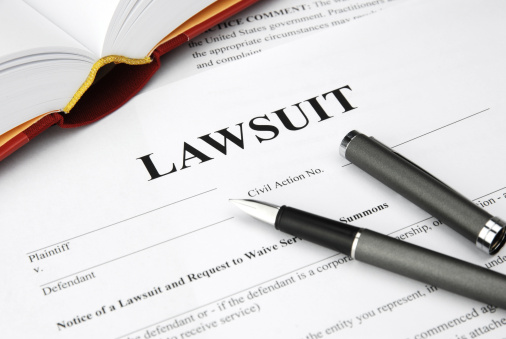
Johnson & Johnson (J&J) has long referred to itself as a family of companies. However, some say that the way that the company currently handles lawsuits filed against it and its subsidiaries is very different – and less family friendly – than it was years ago. In fact, it may even violate its own policies.
30 Years Ago vs. Present Day
Many Americans remember a time when large pharmaceutical companies, such as J&J, acted more responsibly and put customer safety first. In 1982, J&J’s pain reliever Tylenol was responsible for the death of seven people after someone tainted certain bottles with cyanide. Although the incident was not J&J’s fault, the company took quick action, recalled the product and issued new lots of it – this time in tamper-resistant bottles. However, according to a recent article in USA Today, the global pharmaceutical company’s handling of recent issues deviates from the responsibility it has shown consumers in the past.
The article specifically refers to J&J’s subsidiary, DePuy Orthopaedics, and the 11,000 ASR XL hip implant lawsuits now pending against them. So far, they have not been willing to settle these cases and have forced injured victims to take their cases to court – despite numerous studies which have shown that these metal-on-metal hip devices fail at alarming rates and may result in other DePuy related injuries such as toxic metal poisoning known as metallosis. This change in policy violates J&J’s own company policies, which state its “first responsibility” is “to the doctors, nurses and patients … who use [its] products and services.”
Change In Policy May Not Last
The first DePuy hip implant lawsuit recently resulted in an $8.3 million verdict against the manufacturers, and the second trial is currently underway. If the second trial has a similar result, it’s very likely that J&J’s change in its policies toward injured consumers may not last. If you’ve been injured due to DePuy Orthopaedic’s ASR XL hip implant, contact The Driscoll Firm, LLC, to discuss your situation, determine whether you might be entitled to compensation in the form of medical bills, medical monitoring, lost income, pain and suffering and more.







